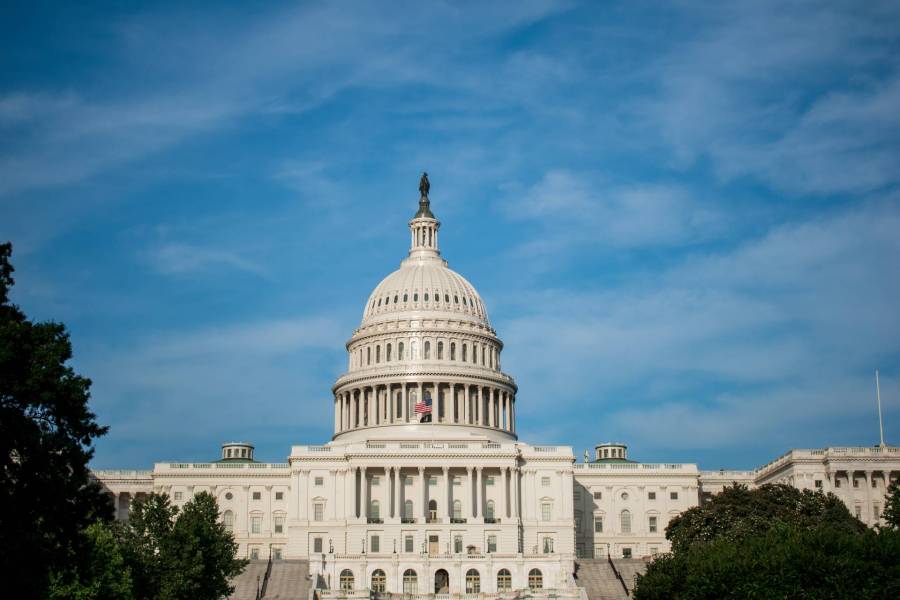Artificial intelligence (AI) has revolutionized many aspects of our lives, including the way we create and consume content. However, as AI technology advances, there is a growing concern about the spread of misleading and potentially harmful AI-generated content. Senator Michael Bennet, a Democrat known for his active involvement in AI issues, has recently addressed leading tech firms, urging them to label AI-generated content and implement measures to limit its dissemination. In this article, we will explore the reasons behind Bennet’s call for action and the potential implications of unregulated AI-generated content.
Senator Bennet highlights the need for Americans to be aware when AI is used to create political content. He emphasizes that fabricated images and other forms of AI-generated content can have severe consequences, such as derailing stock markets, suppressing voter turnout, and undermining public confidence in campaign material authenticity. The potential for high-quality AI fakes to confuse voters and facilitate scams raises concerns about electoral integrity and public discourse.
Although lawmakers, including Senate Majority Leader Chuck Schumer, have expressed interest in addressing the negative aspects of AI, there has been no significant legislation to regulate AI-generated content thus far. Bennet’s letter to tech executives underscores the urgency for action. While some companies, like OpenAI and Alphabet’s Google, have taken steps to label AI-generated content, their efforts rely heavily on voluntary compliance. This approach may not be sufficient to address the potential risks associated with unregulated AI content.
To address the issue of AI-generated content, Senator Bennet has introduced a bill that would require political ads to disclose whether AI was used in creating imagery or other content. This legislation aims to establish a clear framework for accountability and transparency in the use of AI. Bennet’s letter to tech executives seeks answers to essential questions, including the standards and requirements employed to identify AI content, the development and auditing processes of these standards, and the consequences for users who violate the rules.
The response from tech firms to Bennet’s letter varies. Twitter, owned by Elon Musk, responded with a poop emoji, indicating a dismissive attitude towards the issue. Microsoft declined to comment, while TikTok, OpenAI, Meta, and Alphabet did not immediately respond. The lack of a unified and proactive response from these companies raises concerns about the level of commitment towards addressing the risks associated with AI-generated content. It also underscores the need for comprehensive legislation rather than relying solely on voluntary compliance.
Addressing the challenges posed by AI-generated content requires a multi-faceted approach. While legislation is crucial, collaboration between tech firms, policymakers, and other stakeholders is equally important. Establishing clear guidelines and standards for labeling AI-generated content can empower users to make informed decisions about the information they consume. Regular audits and accountability measures can ensure the effectiveness of these standards. Additionally, fostering a culture of responsible AI use and promoting ethical practices will contribute to the long-term sustainability of AI technology.
First reported on Economic Times


















